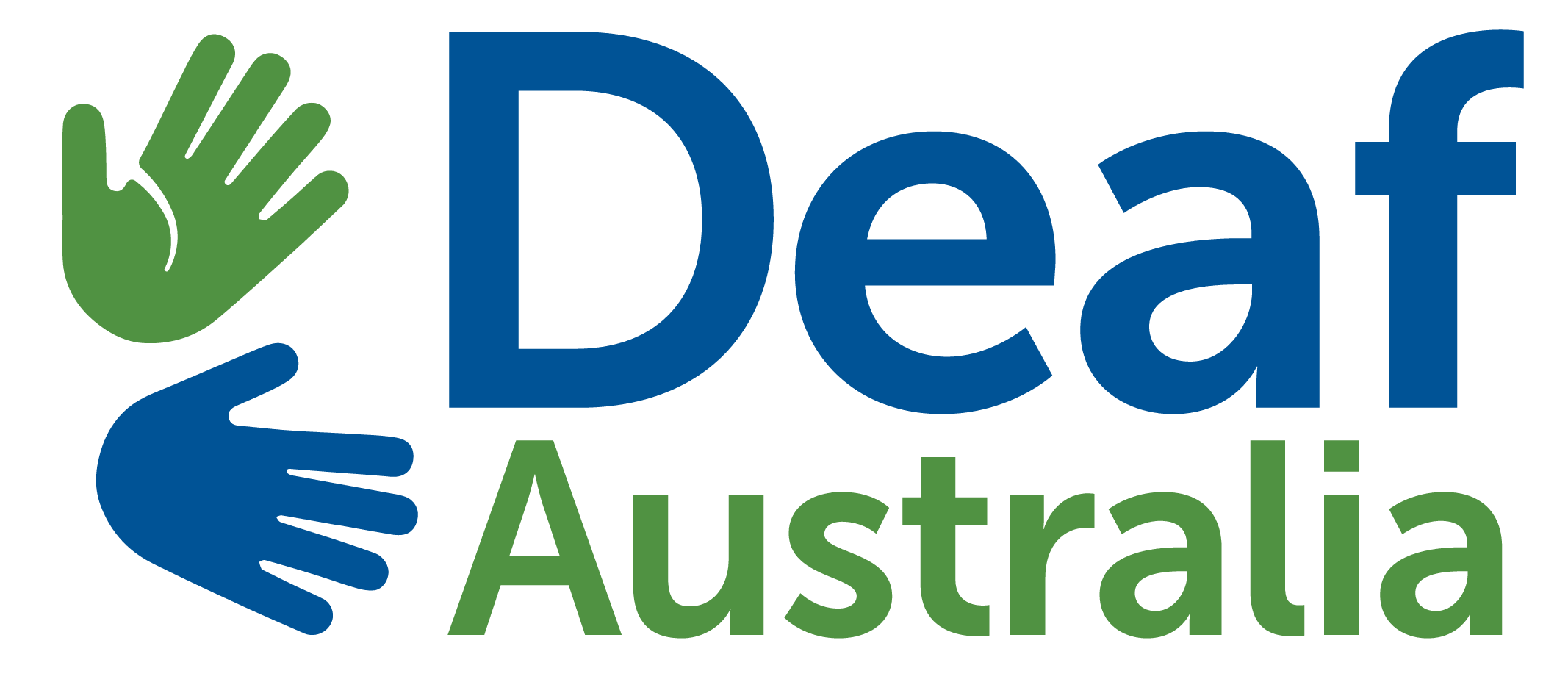No products in the cart.

Deaf Australia and other leading disability peak organisations have condemned Assistant Minister for Social Services, Minister Fifield’s Friday media release, entitled ‘New voice for all Australians with Disability’, announcing the Federal Government’s decision to replace effective disability-led advocacy services with five new organisations that focus on demographic data, such as women, children and ethnic background.
‘By focusing on peripheral issues, such as gender, and ignoring the vital need for specialist disability knowledge, the Government has fundamentally missed the point,’ explains Deaf Australia President Mr Todd Wright.
‘This is incredibly concerning for us,’ said Mr Wright, ‘because it seems to indicate that the government thinks that the primary disability someone can have is being labeled as a woman or a child. For a deaf person, gender, race, cultural background or population group is not the issue; communication access to range of services and interpreters is the issue, and this level of advocacy cannot be handled by a generalist organisation who does not understand or appreciate the complex issues facing deaf and hard of hearing people.’
The Abbott Government’s ‘reforms’ to the disability advocacy sector will not only harm people with disability, but are also in direct contradiction to the United Nations Convention on the Rights of People with Disabilities (UNCRPD), to which Australia is a signatory.
Minister Fifield stated that the new alliance would represent “all people with disability” and noted alignment with a social model of disability and the UNCRPD.
This statement is divisive and misleading. Whilst Deaf Australia welcomes funding to the five organisations for people with disability, none of these organisations is able to appropriately represent deaf and hard of hearing people. The UNCRPD makes it clear that people with disability should freely choose their own representatives – it is the not the role of any government to dictate to people with disability who should represent them.
‘This decision is a clear message that the Abbott Government does not want deaf people to have a voice and be represented, and is not interested in fulfilling their obligations to deaf and disabled people under Article 4.3 of the UNCRPD,’ says Deaf Australia Chief Executive Kyle Miers. ‘This “new way” is a backward step’.
In the wake of young deaf advocate Drisana Levitzke-Gray honoured as Young Australian of the Year last week, Disability peak organisations across the country are speaking out against the outrageous changes to vital advocacy services two days before Christmas. Many organisations that give a voice to people who are marginalised and/or disabled were completely de-funded late last year in favour of cross-disability groups.
The Government’s decision will lead to cuts to essential supports to 200,000 people with disability from March 2015, with $1.5 million stripped from ten organisations run by people with disability. Organisations who will be forced to shut their doors or significantly reduce services include; Deaf Australia, Blind Citizens Australia, Brain Injury Australia and National Council on Intellectual Disability.
‘Deaf Australia has worked for over 28 years to advocate for deaf people and improve services and conditions for the deaf and hard of hearing community,’ says Mr Wright, ‘We have achieved so much, but we still have far to go to get the same rights for Deaf and hard of hearing people that other people already enjoy.’
Additionally, many of the issues facing deaf and hard of hearing people are non-NDIS issues, such as early intervention and education, employment, access to interpreting, captioning, emergency services and more.
An example of why generalist services cannot properly represent such a wide range of disability needs is the Australian Communication Consumer Actions Network (ACCAN). In 2007, Deaf Australia’s communications grant was defunded to establishing ACCAN; a cross-consumer communications advocacy group that is supposed to include disability. To date, ACCAN has yet to advocate the needs of deaf and hard of hearing people effectively.
ACCAN’s recent campaign to remove surcharges for consumers calling 1800 numbers through mobile phone was successful. However, for deaf and hard of hearing people who rely on the National Relay Service, these calls require data usage. It is ridiculous for Deaf people to be forced to pay for “included call value” on their mobile phone plans that they will never be able to use, but are still restricted by unfair data charges. This is an issue that Deaf Australia should be funded to advocate on.
The introduction of Video Relay Service and text messaging service in the National Relay Service was direct result of Deaf Australia’s earlier campaigns, which we continued despite the lack of funding, with ACCAN only playing a supplementary role.
The Abbott Government’s reform agenda is unpopular and affects all Australians. The massive swing against the LNP in the recent Queensland elections and against Abbott from within his own party shows that people are unhappy with harsh and unfair Liberal Party policies and want a government that protects and supports all Australians, not just the privileged few.


